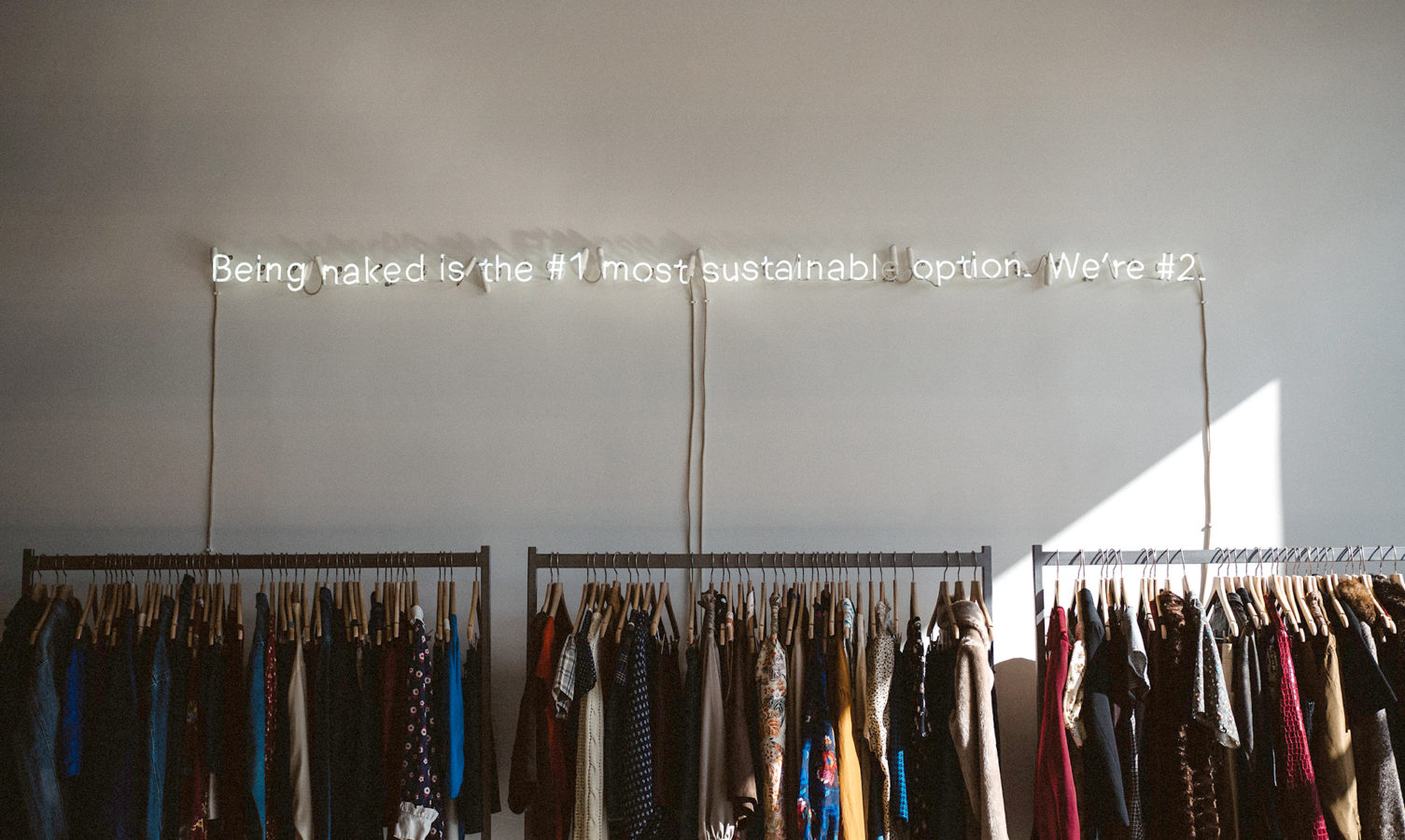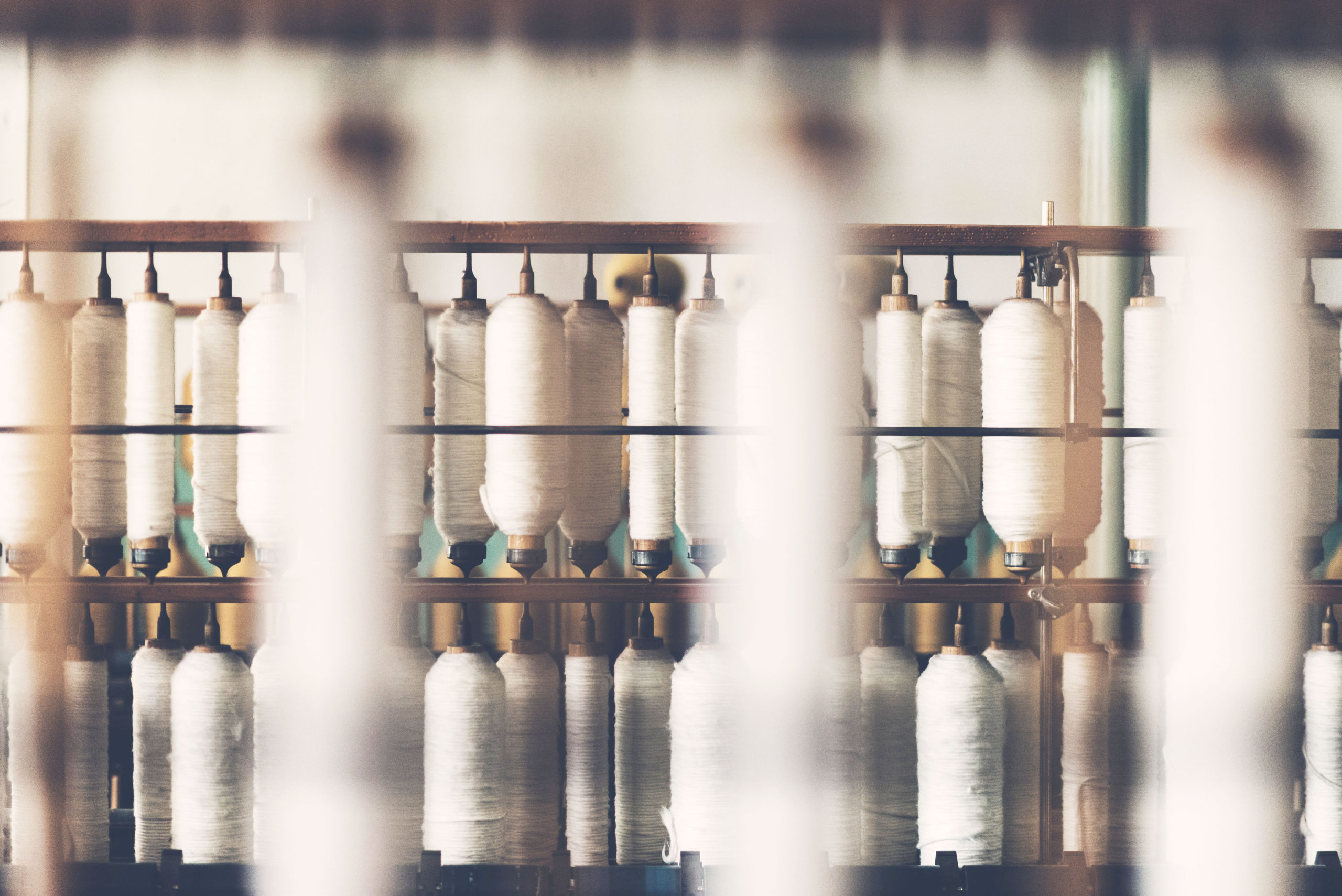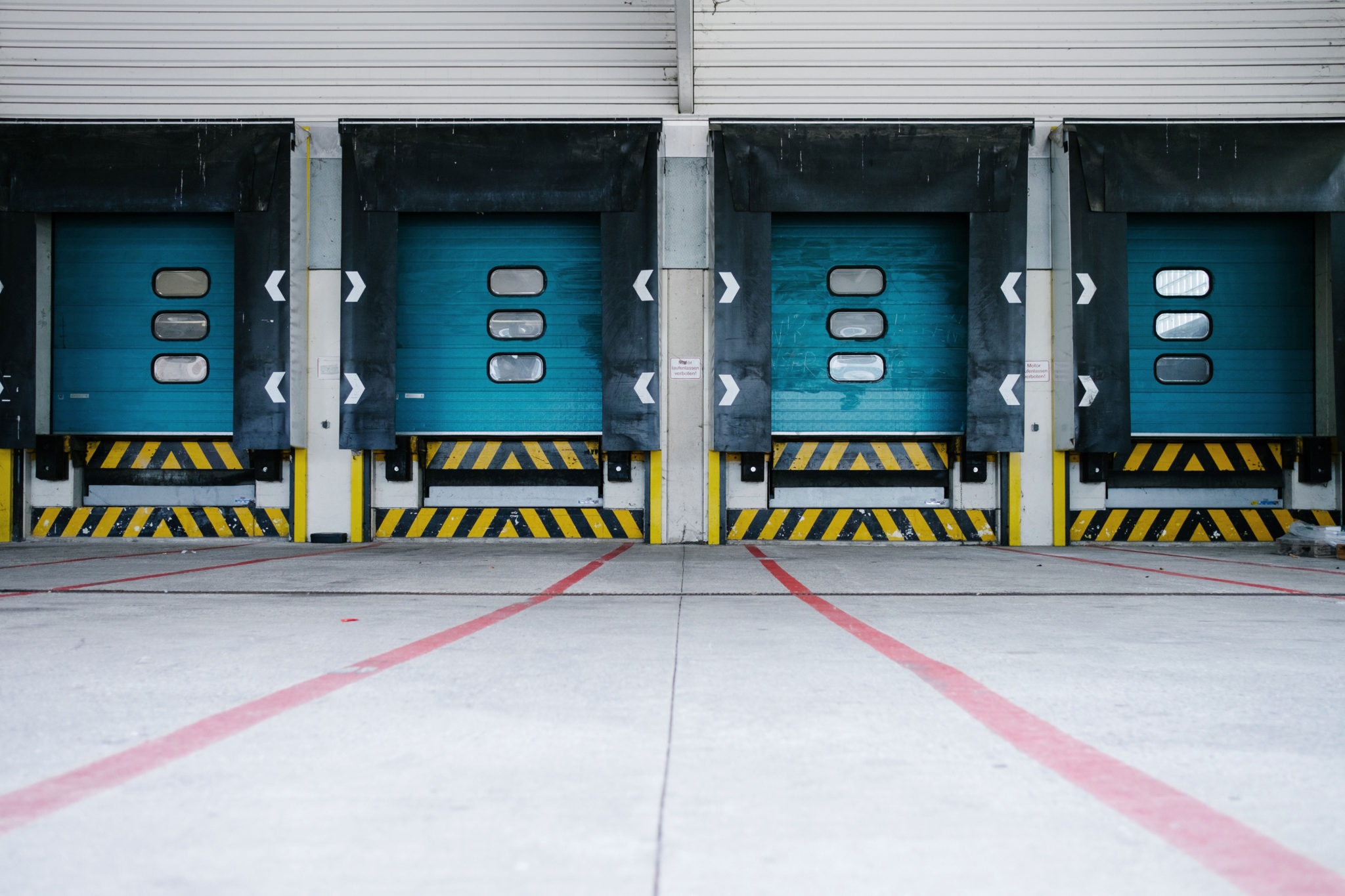The difficult circumstances that the fashion industry has faced since the outbreak of the pandemic have not only affected the business production model, the pandemic has worked as a driving force for consumer concern about environmental and social issues. The audience has woken up, it’s no longer enough for fashion fans to get the latest trend to satisfy their desires. In the midst of the crisis, individual consumption has become a tool that doesn’t free brands from responsibility. Customers say they are willing to pay more for sustainability, but how should brands approach this new consumer to be successful?
The pandemic has worked as a driving force for consumer concern about environmental and social issues
In previous articles, we have talked about some of the basic pillars that will determine the evolution of the fashion industry. From the climate emergency, through the state of the supply chains to the legislation that seeks to regularize its impact, these are factors that have a direct impact on the fourth great lever of change: consumer behavior. United under one disaster, consumers have become more aware of the connection between nature and their economic and social realities.
More and more people understand the impact their purchases have on the planet and people. According to a study conducted by McKinsey in mid-2020, 57% of those surveyed were already implementing changes in their consumption habits to reduce their environmental impact. 65% confirmed their desire to purchase more durable clothing and footwear and 71% planned to keep their clothing longer.
There is a general feeling that this crisis may be an opportunity for the fashion industry to strengthen its commitment to sustainability, but are consumers really willing to pay more for products that meet their social and environmental responsibilities?
The Global Sustainability Study 2021 developed by the consulting firm Simon-Kucher & Partners reveals that younger consumers are the ones who are actively taking steps to become more sustainable. According to the study, 34% of the global population is willing to pay more for sustainable products or services, however there is a generation gap that is worth analyzing:
- 39% of Generation Z are willing to pay more for sustainable products, specifically 32% more.
- In the case of Millennials, it’s 42%, with a predisposition to pay an extra 31%.
- 31% of Generation X would shell out a 21% premium.
- 26% of Baby Boomers would pay 14% more.
34% of the global population is willing to pay more for sustainable products or services
The data speaks for itself, many consumers are willing to invest their purchase budget in sustainable products. However, ideals don’t always materialize in purchasing behavior, in many cases, what consumers say differs from what they actually do. After conducting a survey of 2.500 consumers located in five different countries, Zalando platform found that although the majority considered sustainability to be an important issue, a large percentage of those surveyed had difficulty understanding how to translate it into the fashion industry and their own purchases.
When asked “what prevents you from making more eco-friendly purchases?”, the Sustainability Report 2021 carried out by Internet Retailing reflects that, in addition to the price rise, the most popular answers refer to the difficulty of differentiating which brands have a sustainable behavior, along with the lack of accessibility to the credentials that prove it.
Once again, we see how transparency is essential to redefine the relationship that fashion brands have with their consumer. Sharing data on the environmental and social impact of products will generate a greater understanding of the work that the brand is developing. An honest exercise that will increase the trust placed by consumers in the company, since it will allow them to make more conscious purchase decisions based on verified data.
As we already mentioned in the article on growth levers for fashion e-commerce, thanks to the integration of the sustainability report in its products, Ecoalf has managed to increase the conversion rate of its online store by 13%. At BCOME, we seek to make data available to the public to remove the barriers that prevent so many consumers from buying in the sustainable way they want.
According to the analyzed studies, it’s obvious that the public looks for brands with a purpose that goes beyond economic benefit, firms that are aligned with their values. How does your brand demonstrate what its principles are? Are they accessible and recognizable to your audience? Information is knowledge and knowledge is value, at BCOME we invite you to get closer to your consumer in the most transparent way. There are many individuals who are looking for brands with values like yours, let them recognize you!








